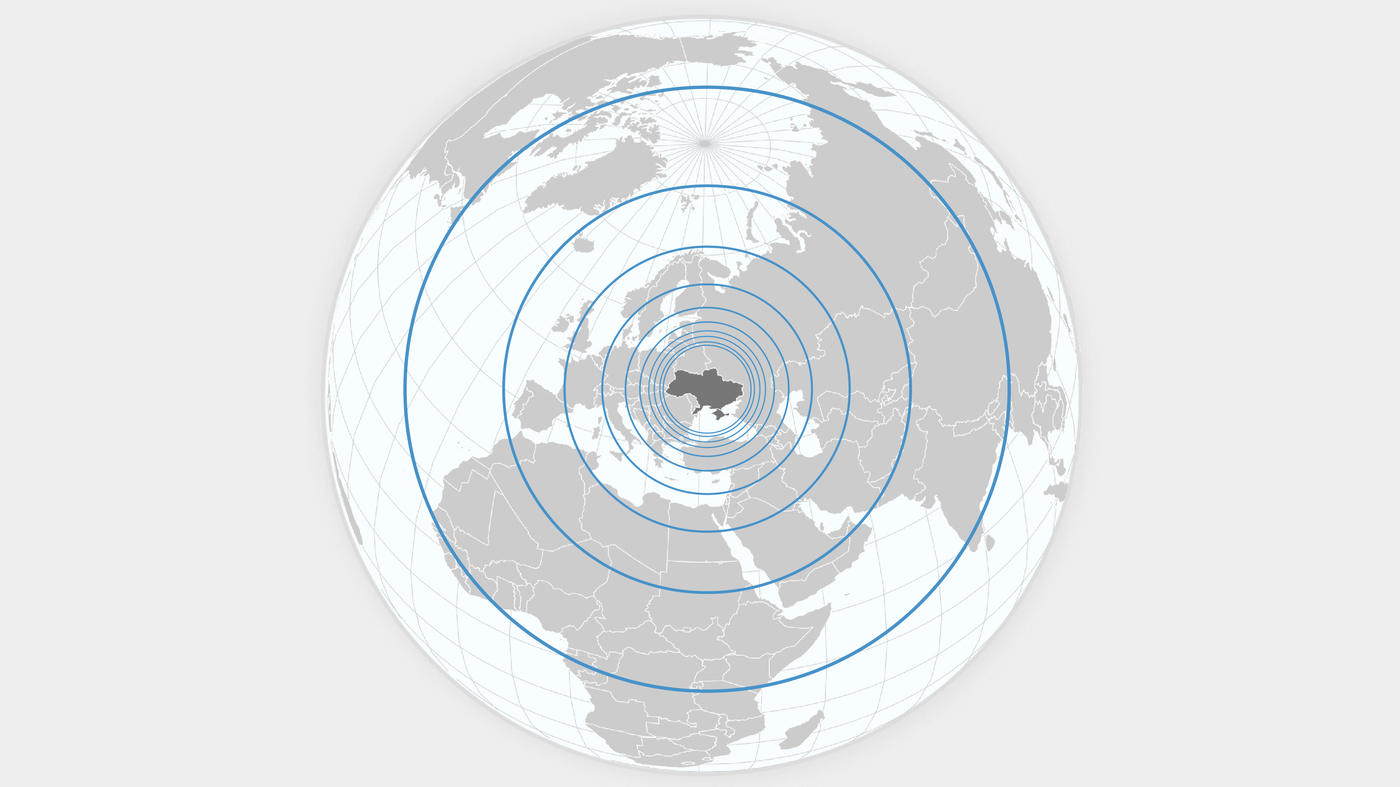Far from Russia’s war in Ukraine, stores are running out of cooking oil, people are paying more at the gas pump, farmers are scrambling to buy fertilizer and nations are rethinking alliances.
Russia’s invasion of Ukraine has triggered seismic repercussions: a fast-moving refugee crisis, unprecedented sanctions against a major economy and a shakeup of global relationships, including a reinvigorated NATO. Below, we zoom in on some of the ways the world has changed since the war began on Feb. 24.
Ukraine and Russia are key exporters of wheat, barley, corn and cooking oil, particularly for African and Middle Eastern countries. Russia is also a major producer of fertilizer and petroleum. Disruptions to the flow of these goods are compounding another supply chain and climate challenges, driving up food and gas prices, causing shortages and pushing millions of people into hunger.
More than 5.8 million people have fled Ukraine in one of the fastest-growing refugee crises in recent history. Humanitarian groups, with resources already strained by crises elsewhere, have sprung into action. The UN refugee agency has projected that some 8.3 million people might leave Ukraine and called for more financial support for refugees and host countries as both face challenges with access to food, housing, transportation, education and money.
A 21st century war in Europe — led by a nuclear power — is pushing the world toward a potentially profound realignment. It has rattled prominent global players such as the European Union and the United Nations and forced countries to take sides in new ways that have led to escalating tensions and momentous diplomatic shifts.
Russia is the second-largest producer of natural gas and the third-largest producer of oil. The European Union has particularly depended on Russian energy; it is now preparing to phase in an oil though. A historic restructuring is sweeping the global petroleum and gas trade as countries ban or cut Russian energy imports, sanction Russian companies, face Russia’s demands for payments in rubles and search for alternative sources.
Russia has more nuclear weapons than any other country in the world. Its military attack on Ukraine has notably reenergized NATO, a military and political alliance of the United States and European countries. Urgently, countries around the world have escalated military spending or have begun a consequential reevaluation of their defenses.
NPR’s Susie Cummings, Ayda Pourasad, Will Chase, Greta Pittenger, Lauren Frayer, Emily Feng, Diaa Hadid, Carrie Kahn, D. Parvaz, Scott Neuman and Larry Kaplow contributed to this report.
